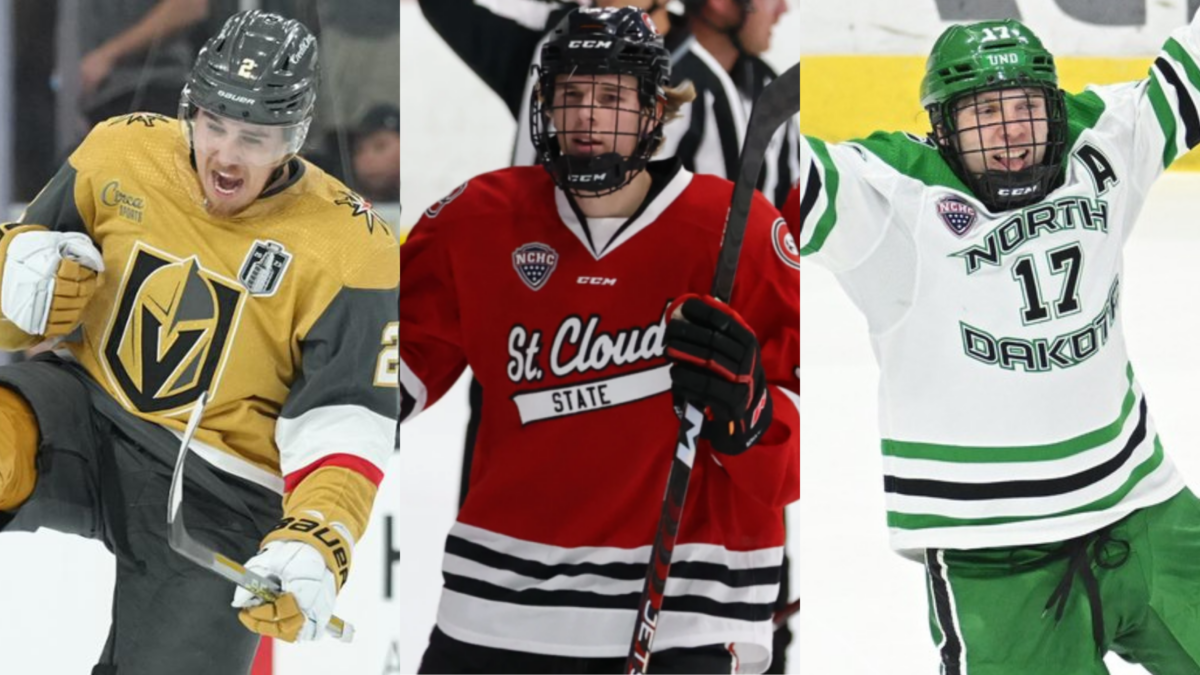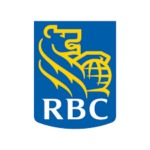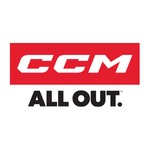By Sean Hogan, Jayson Hajdu and Mike Snee
Last season, NCAA Division I men’s hockey rosters featured 22 players from Manitoba.
The province has a rich history of developing future men’s college hockey players. And while it understandably has not churned out the sheer volume of players compared to more populous provinces like Ontario or British Columbia, Manitoba – and the Manitoba Junior Hockey League (MJHL) in particular – has proven to be a reliable path to college hockey.
The names – including longtime Chicago Blackhawks captain Jonathan Toews (North Dakota) and 2023 Stanley Cup champion Zach Whitecloud (Bemidji State) – are quite familiar to hockey fans.
Even more encouraging is the recent trend of Manitoba hockey players staying home to play their minor and junior hockey on their path to NCAA hockey. Previous Paths studies by College Hockey Inc. have consistently revealed that young hockey players need not venture beyond their provincial or state borders to pursue an “optimal” path to the NCAA.
Manitoba is no different.
College Hockey Inc. tracked and studied the paths of the 22 Manitobans who played NCAA Division I men’s hockey in 2022-23, and several noteworthy themes emerged:
- 21 of the 22 men earned their commitment while playing college-eligible junior hockey
- 20 of the 22 competed in the MJHL at some point during their career
- 19 of the 22 Manitobans were playing in their home province at age 17
- The average age a player from Manitoba will earn their NCAA commitment is 19, which is in line with NCAA hockey players from the rest of Canada and the United States
Case Study I: Zach Whitecloud
The development path of Brandon native and Vegas Golden Knights defenseman Zach Whitecloud is highly instructive. Whitecloud stayed home to play AAA U18 before starring for two years with the MJHL’s Virden Oil Capitals, during which time he earned a commitment to Bemidji State University. Whitecloud quickly emerged as one of the nation’s top defensemen while at BSU, winning a conference championship with the Beavers and landing a free-agent contract with the Golden Knights.
For Whitecloud, remaining in Manitoba afforded him the runway he needed to further develop his skills on his way to an eventual NCAA Division I opportunity.
“A lot of guys might have different decisions,” Whitecloud recently told College Hockey Inc. “No one path is set in stone for anyone. People develop at different times, people have different skills, teams have different roster spots available. For me, I was thankful to be close to home. That was something that was important to me.
“Being able to be a part of that, to where now the MJHL is a place that can be called a stepping-stone to get to the NCAA and earn scholarships, I’m proud to be able to say I played in Virden.”
In Oct. 2021, Whitecloud inked a six-year contract extension with Vegas. This past June, he capped his fifth professional season by hoisting the Stanley Cup.
Case Study II: Adam Ingram
St. Cloud State sophomore forward Adam Ingram was a third-round pick of the Nashville Predators in the 2022 NHL Entry Draft. He spent the entirety of his minor hockey years in his hometown of Winnipeg.
“I knew I wanted to graduate from my school and be with my friends and be near my family,” Ingram recently told College Hockey Inc. “It was important for me to stay close to home. For me personally, it’s about how much time I was able to not only put into playing hockey but being in the gym or doing extra work on the outdoor rink in the winter, or even just shooting pucks.”
The opportunity for ample playing time was also important for Ingram.
“A lot of kids are rushing to get to the next level, but it’s okay to stay patient,” said Ingram. “I was cut from U18 the first time, but that year of U17 I got to play a ton and it really helped my development.”
After some time in the MJHL and USHL, Ingram enjoyed a strong freshman year at SCSU last year, playing in all 41 games.
“I realized college hockey was what I wanted to do,” said Ingram. “School has always been a priority of mine, and I’m getting a college degree right now.”
Case Study III: Riese Gaber
Like Whitecloud, University of North Dakota forward Riese Gaber spent the duration of his minor hockey in Manitoba, followed by a pair of seasons in the MJHL.
A native of Gilbert Plains, Gaber won a bantam championship in 2014 with the Parkland Rangers. Four years later, he captured an MJHL title with the Steinbach Pistons.
“My Dad’s always told me, ‘If you’re good, you’re going to get found,’” Gaber recently told College Hockey Inc. “I just kind of stuck to that. As a young kid, you should play at the highest level you can, but also at a level where you’re going to be able to play and make an impact.”
After a two-year stint in the USHL, Gaber was making an immediate impact at UND during his freshman season of 2020-21. He tasted championship glory yet again, leading the Fighting Hawks to a conference (NCHC) title while earning tournament MVP honors. In each of the ensuing two years, Gaber earned all-conference honors.
“I knew (the MJHL) was the path for me and looking back, it was two great years for me and it helped give me a lot of exposure to colleges,” said Gaber. “It opened my eyes to the college route. Obviously, I developed a lot and was able to be an impact player in that league before moving on.”
This past spring, the highly sought-after undrafted free agent announced he would be returning to North Dakota for his senior season.
“This place means everything to me,” Gaber told the Grand Forks Herald. I’ve been so fortunate to get three years here. To have a fourth, and the opportunity that stands ahead, is pretty exciting.”
The steady growth of Manitoba natives and MJHL players playing NCAA Division I men’s hockey was a trend for the first two decades of this century. Unfortunately, this pattern was disrupted in recent years by the effects and restrictions of COVID-19.
Based on the analysis of the 2022-23 rosters, as well as the significant number of Manitoba players currently committed to NCAA Division I hockey, it appears the trend is back.





































